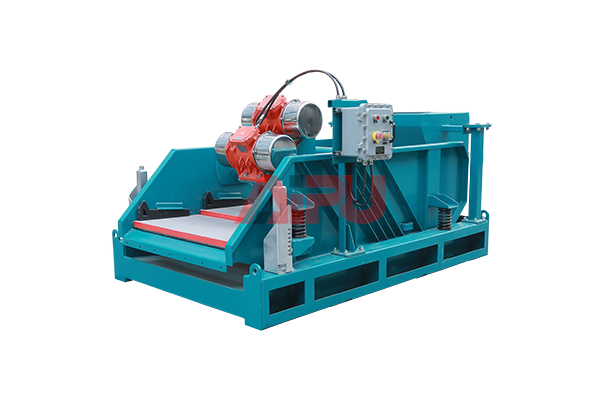Solids control equipment plays a crucial role in drilling operations, ensuring efficient separation and management of drilling fluids. Understanding its operating tips can significantly enhance performance and longevity. Proper operation not only improves efficiency but also reduces maintenance costs and downtime.
Key Operating Principles
The primary function of solids control equipment is to remove unwanted solids from drilling fluids. This process involves multiple stages, including screening, desanding, desilting, and centrifugation. Each stage requires precise adjustments to achieve optimal separation. Operators must monitor parameters such as flow rate, screen mesh size, and vibration intensity to maintain peak performance.
Optimal Screen Selection
Choosing the right screen mesh is critical for effective solids removal. Screens with finer meshes capture smaller particles but may clog faster, reducing throughput. Conversely, coarser meshes allow higher flow rates but may let unwanted solids pass through. Regular inspection and timely replacement of worn screens ensure consistent performance.
Maintaining Proper Fluid Levels
Fluid levels in the equipment must be carefully controlled. Too low a level can cause air entrainment, leading to inefficient separation. Excess fluid may overload the system, reducing its effectiveness. Operators should adjust inflow and outflow rates to maintain balanced levels throughout the operation.
Vibration and G-Force Management
Vibrating screens and centrifuges rely on controlled vibration and G-forces to separate solids. Excessive vibration can damage components, while insufficient force may result in poor separation. Regular calibration of vibration motors and centrifuge bowls ensures optimal performance without undue wear.
Temperature and Chemical Considerations
Drilling fluids often contain chemicals that affect equipment performance. High temperatures can alter fluid viscosity, impacting separation efficiency. Operators should monitor chemical composition and temperature, adjusting parameters as needed to maintain ideal operating conditions.
Preventive Maintenance Schedule
Implementing a rigorous maintenance schedule extends equipment life. Daily inspections should include checking for wear on screens, seals, and bearings. Lubrication of moving parts and timely replacement of worn components prevent unexpected failures. Keeping detailed maintenance records helps identify patterns and optimize service intervals.

Troubleshooting Common Issues
Common problems include screen blinding, where particles clog screen openings, and improper centrifuge operation leading to poor separation. Regular cleaning and proper adjustment of operational parameters can prevent these issues. Operators should be trained to recognize early warning signs and take corrective action promptly.
Safety Precautions
Operating solids control equipment involves moving parts and potential exposure to drilling fluids. Proper personal protective equipment (PPE) should always be worn. Lockout/tagout procedures must be followed during maintenance to prevent accidental startup. Emergency stop buttons should be easily accessible and regularly tested.
Training and Documentation
Comprehensive operator training ensures proper equipment handling. Documentation of standard operating procedures (SOPs) provides reference material for troubleshooting and maintenance. Regular refresher courses keep operators updated on best practices and new technologies.
If your project requires solids control equipment, choose Aipu Solids Control, it will be your best choice.
